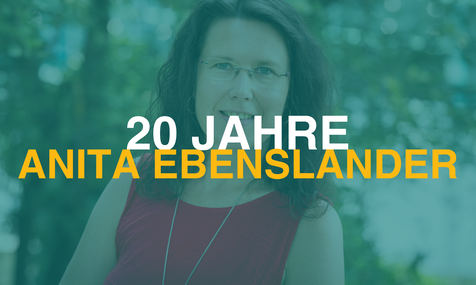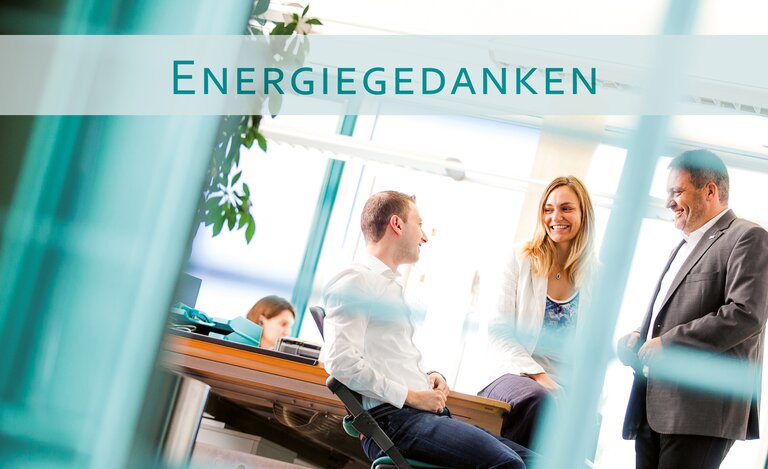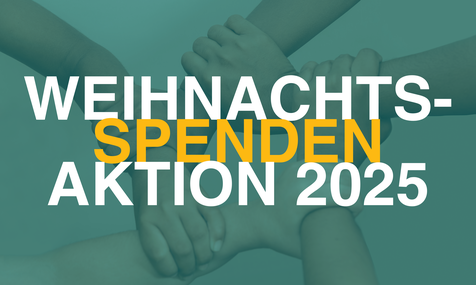Is there a system to dilettantism? - Piecemeal energy transition
Who really remembers? in 2011, just a few days after the nuclear power inferno in Fukushima on March 11, German Chancellor Angela Merkel pulled off her most complicated gymnastics exercise to date: she completed the triple somersault "nuclear phase-out: yes - no - yes". And she announced an "energy transition": a good decade should be enough to replace nuclear energy with alternatively generated electricity.
And we already have the main sticking point of the piecemeal approach: only a third of energy consumption in this country is generated via electricity. Two thirds is consumed as heat and transportation fuel. However, the pseudo energy converters in the federal and state governments still pay little attention to these sectors. The expansion of combined heat and power generation - especially decentralized combined heat and power plants - which is actually absolutely necessary, has also been neglected. Biomass, for example, is a topic that hardly anyone dares to tackle today.
Instead, general planning principles were changed head over heels after the decision to phase out nuclear power in order to be able to run as many extra-high-voltage lines as possible from north to south through Germany. Officially to transport wind power to the south. However, many suspect that the lines are nothing more than new highways for coal-fired power from eastern Germany. "Grid Expansion Acceleration Act", or NABEG for short, is one of the magic words for this. But what they didn't think of was that there is also the Aarhus Treaty, which gives citizens and associations the right to take legal action against environmental laws? Screw that.
In any case, the BVG ruling on the nuclear fuel rod tax will certainly come in very handy for the nuclear companies. And not just because of the low share prices. The Eon Group, for example, which emerged from the former Bavarian state utility Bayernwerk, recently published a success story that went largely unnoticed by the media: the Düsseldorf-based energy company said it had been able to raise "bonds totaling two billion euros". After the turbulence that Eon has experienced since Merkel`s nuclear phase-out in 2011, "we are once again rated well as a company", an Eon spokesperson continued in the press release.
However, according to the company, "the proceeds from the issue will be used, among other things, to finance the planned payment in the middle of the year in connection with the transfer of nuclear waste disposal obligations to the federal government". After all, wasn't there a legal requirement for nuclear power plant operators to build up reserves for dismantling and nuclear waste storage? True, confirms the Eon spokesperson, but only "eight billion was set aside. A risk premium was added to this in the agreement with the federal government. We still had to present these two billion euros"; this has now been done via a "bond issue".
Now there are probably still the billions from the federal government from the BVG ruling. Eon and its nuclear co-operators have not yet said what they will do with the unexpected money. Will they build new wind power plants in the north? Or will they invest in "clean coal power" - an obscenity like >clean diesel< for cars - in the east, which our federal government refuses to let go of? In both cases, electricity highways to the south would be unavoidable.But perhaps the Thuringian Minister President Bodo Ramelow is now digging an insurmountable trench for the extra-high-voltage line fanatics: Where the Iron Curtain once separated the GDR from the FRG, the "Green Belt" has now been created. According to reports, Ramelow's state government wants to prevent the so-called HVDC transmission lines from cutting through this Green Belt. Regardless of whether they are above ground or underground cables. Nature conservation or line construction - which has priority? That could be a question that will ultimately have to be answered by the Federal Constitutional Court. A new snippet in the patchwork of the energy transition.
(Author: Zukunftsenergie-Team Gammel)



